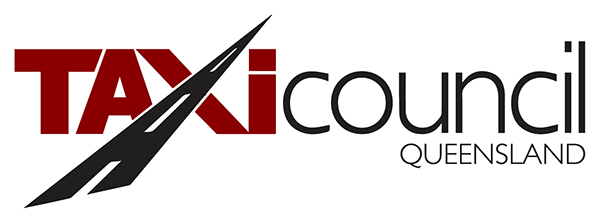Media release
December 21, 2018
The festive season is here and as work winds down for the year and throngs of people make their way to and from holiday festivities, the Taxi Council of Queensland (TCQ) is encouraging everyone to grab a cab for a convenient and surcharge-free holiday travel.
Revelers can avoid the excessive surcharges of booked hire services, particularly on the public holiday days when prices are all but guaranteed to sky rocket and instead rely on the convenience of taxi’s which remain affordable regardless of the day, event or number of people travelling as a party.
TCQ CEO, Blair Davies says taxis are a safe and reliable option for those needing to rely on professional transportation these holidays.
“At this time of year, booked hire vehicles’ price surcharging can mean rides end up costing passengers hundreds of dollars more than the normal fare, with the platforms hiding behind the old caveat emptor, let the buyer beware,” he said.
“With surcharging by booked-hire platforms more likely to be prevalent over the coming weekend and on the public holiday days, taxis remain the only constant, serving their communities through affordable transport.
“Taxis are a much smarter option with their calibrated taximeters and easily identifiable livery and hail lights. They are also safer because they’re fitted with sophisticated security cameras, monitored duress alarm systems and hard-wired GPS devices.
“Taxis are also a great option for shoppers who are keen to avoid congested carparks when doing their Christmas shopping. Instead of driving around and around and risk getting stuck at the exit for hours, shoppers can rely on taxis to transport them to and from the shops with their gifts for a stress-free experience.
With congested roads and a confusing number of booked hire services cruising for fares in ordinary, unmarked vehicles causing chaos on city roads, taxis are a sensible option for groups and families travelling together.
“We’re expecting the some of the busiest times to be Friday 21 December in the evening with most businesses winding down for the year on this day, as well as Saturday and Sunday, Christmas Eve and of course New Year’s Eve.
“Our cabbies are ready and waiting to help customers get to and from their festivities safely and enjoyably. So take the worry out of how to get there, and just grab a cab as the smart travel option this holiday season,” concluded Mr Davies.
ENDS
